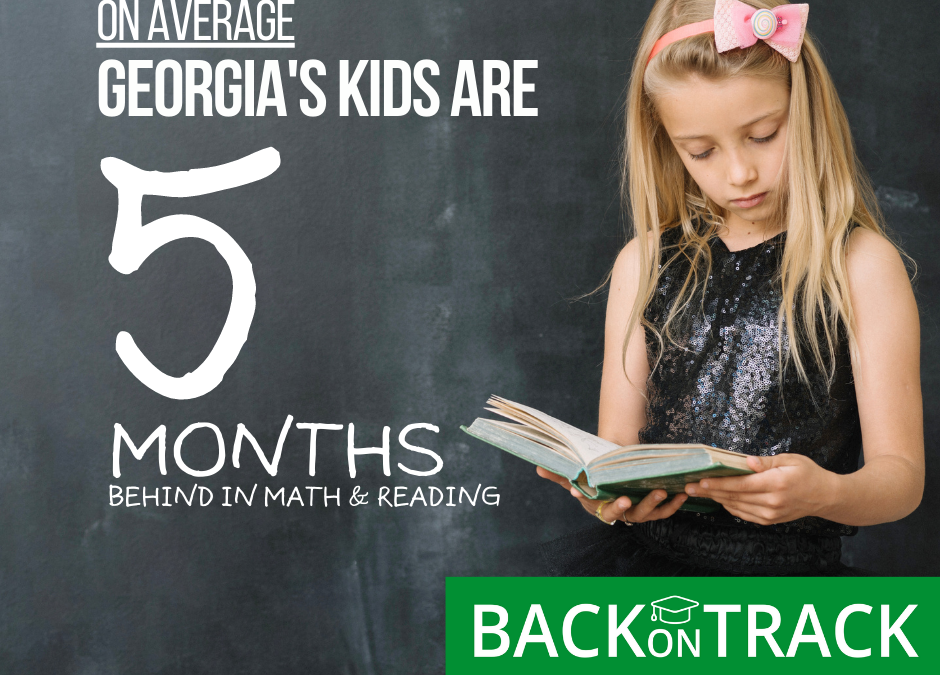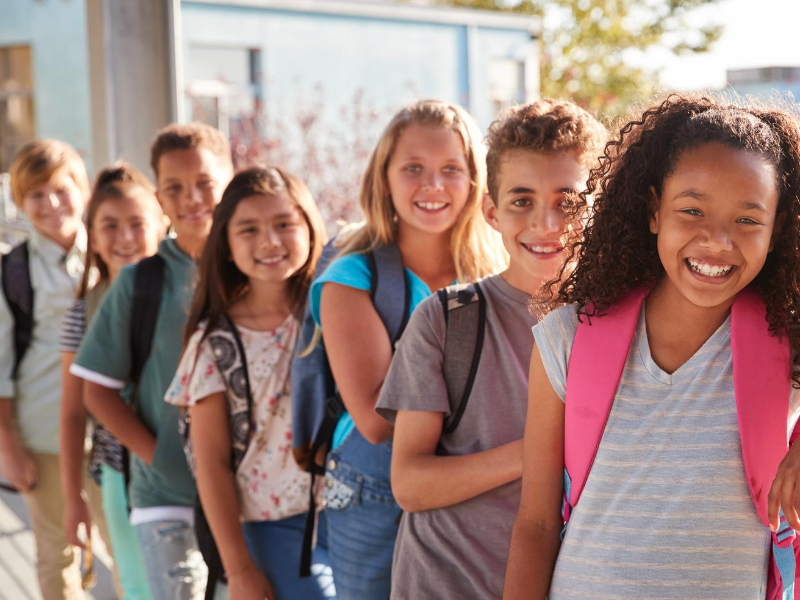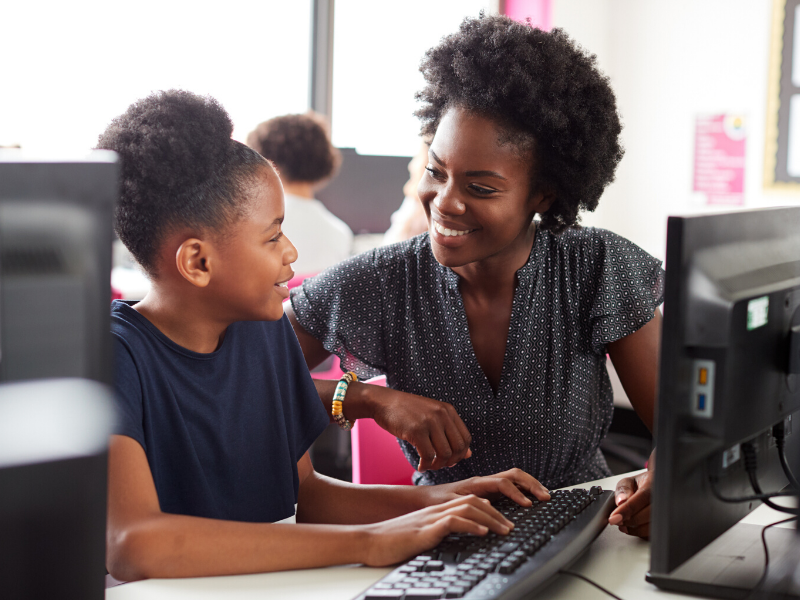On the afternoon of Monday, July 20—just a few weeks before schools would normally be opening—the Catholic Archdiocese of Atlanta announced that their schools would in fact all be opening for live classes in August. The Superintendent’s statement suggests “…the benefits of in-person instruction, compared with remote delivery, far outweigh the possible risks involved.” Families uncomfortable with in-classroom instruction may choose online instruction, following individual school plans.
Just a few hours before the announcement from the Archdiocese, Gwinnett County Public Schools—the largest public school system in the state—announced that they would be starting the school year completely online. Though the system had announced earlier that it would give parents the choice between in-person and online learning, the most recent statement says, “The current COVID-19 situation required a change in those plans.” This has led to significant online anger and multiple protests at the system’s central office.
Both the Catholic Archdiocese schools and Gwinnett County Public Schools say they based their decisions following federal and state health guidelines and the advice of medical and educational experts. Why, then, such opposing decisions from the two school systems? Are the health guidelines contradictory? Are the Archdiocese and Gwinnett cherry-picking the medical and educational experts they listen to?
Likely none of the above. What we may instead be seeing is simply that smaller entities can be more nimble. And that larger entities would be well-advised to do what they can to learn from that agility.
At an event earlier this month, the founder of the growing microschool network Prenda, Kelly Smith, suggested that an important lesson all school systems might learn from smaller organizations—especially given the large health, economic, and educational issues presented by the pandemic—is that they should accept and in fact facilitate more segmentation among their constituents. This may be particularly true for public school systems like Gwinnett, which encompasses a relatively large geographic area and serves over 180,000 students in 141 different schools. Many students would benefit from more choices in schooling even under completely normal circumstances. At a time when everyone’s circumstances are even more unique and individualized because of the differential impact of the pandemic on families, more flexibility is even more important.
A major complication in this debate is that the reasons families want to return to school vary so much. That is, for some families, the dynamics of learning at home simply do not work well. As examples, some families have students with special needs who require particular kinds of attention. Some families must work outside the home to survive financially. (A number of services are cropping up around Gwinnett County and elsewhere to facilitate online learning or simply childcare, set up by gyms, YMCAs, performing arts centers, or other places that are typically not full during the school day. While this is an example of civil society and the market responding to fill a need, it comes at a cost—sometimes a few hundred dollars per month, which many families cannot afford).
Some believe any school openings for face-to-face learning means the school/system will not adapt no matter what circumstances arise and that such decisions are consigning people to die. Of course that is not true. The Archdiocese of Atlanta and other private and public schools who are offering face-to-face schooling will continue to monitor schools and said they will close down quickly if necessary.
It is too early to know whether opening schools in-person will lead to a worse health crisis, or keeping them online will lead to even worse economic and psychological crises. Other creative solutions, like moving as many classes as possible outdoors, or operating on a hybrid home school-style schedule (2-3 days per week) might be worth exploring to a greater extent than they have been so far.
One thing both public and private schools should absolutely do in this moment is learn to be more responsive to smaller groups of constituents, rather than imposing singular, large-scale solutions. Families must, one way or another, find their way through this school year. They are already building solutions for themselves, outside of the constraints of their school systems. Legislators in Colorado, among other states, are considering whether to fund families directly in response to school closures. School leaders need to adapt, quickly, or risk being left behind.








